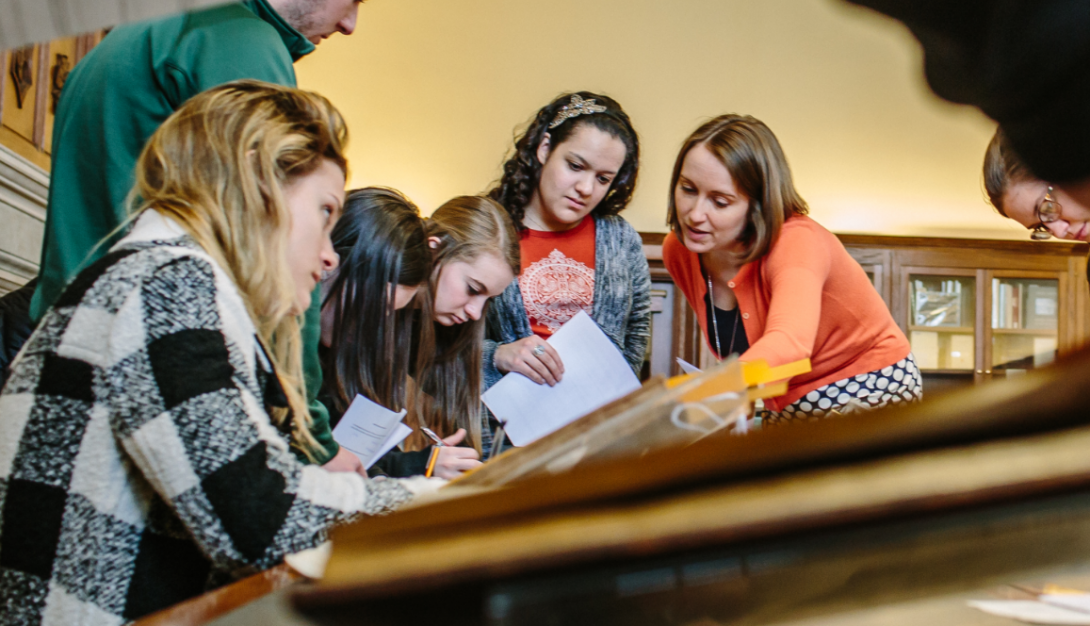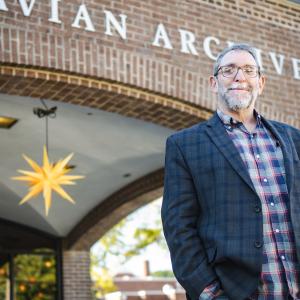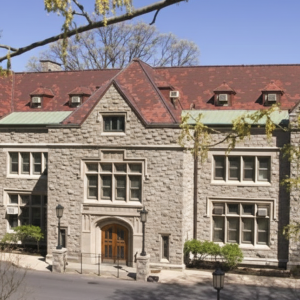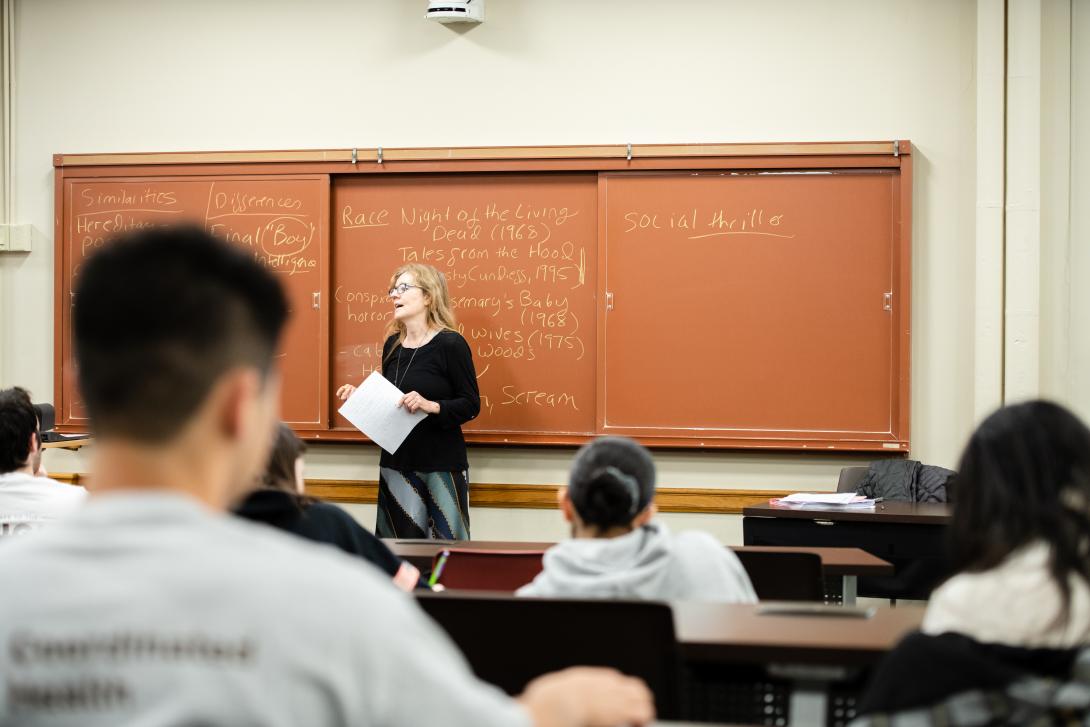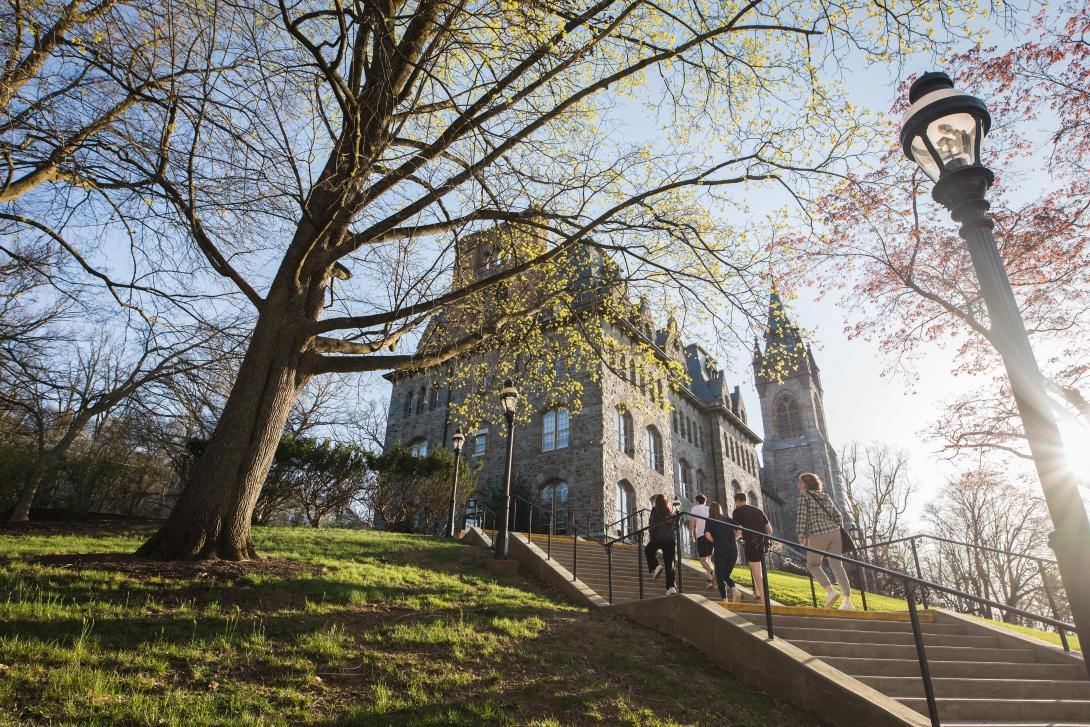We come to know others and ourselves by the stories we tell.
Students in our department are eager to read carefully, think analytically, and write persuasively. They are committed to developing a deeper understanding of how human beings interact with one another and with their lived environments—and they pursue these goals both within and beyond the literature classroom. As a result, they are sought after in a range of professions that value their ability to collect, interpret, analyze, and communicate complex materials with attention to social contexts and cultural implications.

